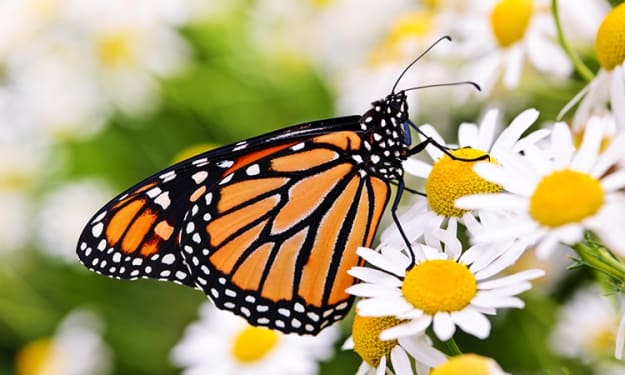
Unlike a soft sponge, a cat's tongue is far more abrasive when used to wash something. Small, stiff, and retroflex papillae cover your cat's tongue, contributing to this trait. The saliva helps keep the cat comfortable, while the spines remove debris from the coat, like dust and dead hair.
We have listed some of the possible reasons why your cats would lick you.
● Their Declaration of Love
Some cats will give you a tongue bath as a sign of affection since they trust you and consider you a close and trusted companion. When they were young, their mother would bathe them, but now they do it themselves.
Mom cats teach their kittens from birth that being licked is a sign of caring; in a household with more than one cat, the felines incessantly lick one another.
Since they show and receive affection by licking, it stands to reason that cats would lick their favourite individuals the most. You can interpret this as their way of "kissing" you to show how much they care about you. Isn't it adorable?
● Marking you as their Territory
Licking is a method of territorial marking and communication as well as establishing ownership over objects like furniture, cat toys, and even you. An object or person licked by a cat sends a clear message to would-be thieves: you do not have permission to use or possess whatever it is that the cat licked.
Your cat will lick you to establish ownership, just like a mother cat does with her kitten. Good friends and family members would lick each other to demonstrate affection and develop relationships. Licking you is their kind gesture that will help you grow closer together.
● Their way of Soothing themselves
Abandoned or prematurely weaned cats often exhibit behavioural issues, including excessive licking. If they weren't suckled enough as infants, they might have turned to licking to soothe their discomfort. Having the cat knead you and purr contentedly is a positive sign that they are ready to be weaned.
● Helps Ease their Minds
Cats lick themselves for various purposes, including self-soothing and maintaining cleanliness and hygiene. Much like a baby sucking their thumb, it won't surprise you that they do it because it's just part of their everyday routine. Alternatively, they may be licking excessively to forget about anything causing them discomfort or stress.
● Displaying Concern
Excessive licking in cats can be a symptom of anxiety or stress. Suppose your cat is showing signs of anxiety. In that case, you should try to identify the cause and either remove the trigger or desensitize your cat to the problem.
The need to detect and remove sources of stress in the home can have a wide range of adverse effects on cats. Provide your cat with scratch pads and perches so it may engage in everyday cat habits like scratching and hunting and spend quality time with you every day.
Your veterinarian can help you address any underlying health or behavioural issues that could be causing your pet to lick excessively. Research the problem of anxiety in cats.
● Appreciating Your Taste
Many species, including felines, lick for the sensory and gustatory pleasure it provides. Although it may sound strange, your cat may be attracted to your salted skin, moisturizer, or scent.
Human perspiration includes sugar and salt that cats are interested in licking. If you don't want your cat to lick your sweat, it's generally a good idea to take a shower and change clothes before hanging out with them.
You must avoid interacting with your cat immediately after applying perfume or lotion and do so in a place where your cat cannot reach you.
● Indicating You that Something's Wrong
Instead of just wanting to play, a stressed or unhappy cat could lick you to get your attention.
Suppose your cat is acting strange, like licking itself excessively. It may result from an injury, a wound, or intestinal issues.
If you observe that they are licking the same region of their body repeatedly, it could signify an injury. Medical conditions, including allergies, flea bites, skin diseases, and pain, can cause cats to groom excessively.
Your veterinarian can help you determine the cause of your pet's excessive licking and recommend a treatment plan if necessary.
Conclusion
Never resort to physical punishment like yelling at them, spraying them with water or a bitter substance, or shaking a jar full of coins or other valuables. It could strain your connection with your cat and make your pet anxious, resulting in even more licking from your cat. Also, it is always a good idea to get cat insurance for you and your cat's needs.





Comments
Radha is not accepting comments at the moment
Want to show your support? Send them a one-off tip.